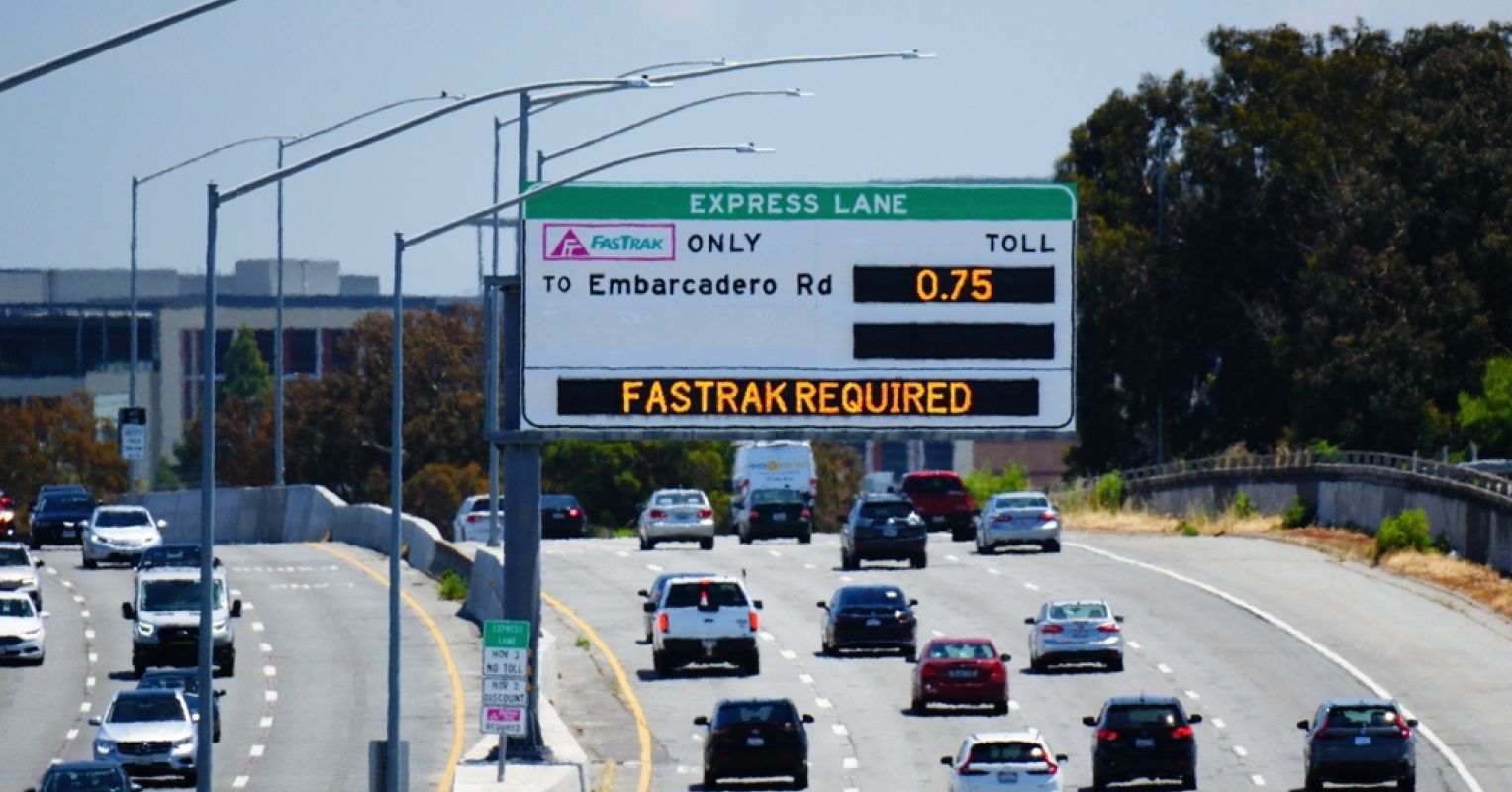
"Scammers have gotten better at creating near-flawless communications, often using official logos and language, making it harder for individuals to identify fraudulent messages."
"The urgency in scam messages plays a critical role, pushing recipients to act quickly rather than think critically, thus increasing the scam's effectiveness."
"The growing sophistication of scams demands increased awareness and caution among potential victims to distinguish between legitimate communication and fraud."
"Imposter scams, by mimicking government entities, leverage compliance and authority to manipulate individuals into sharing personal information or making payments."
Scams targeting individuals have proliferated in recent years, evolving to leverage urgency, fear, and trust to manipulate victims. The FasTrak scam in California exemplifies the sophistication of modern fraud, involving realistic messages that compel victims to settle fake charges or face penalties. As scams improve their presentation with no glaring mistakes, officials like John Goodwin emphasize the need for heightened awareness among the public. Personal experiences, such as a lab member preventing her father from falling victim to a scam, underscore the relevance of vigilance in combatting these threats.
Read at Psychology Today
Unable to calculate read time
Collection
[
|
...
]